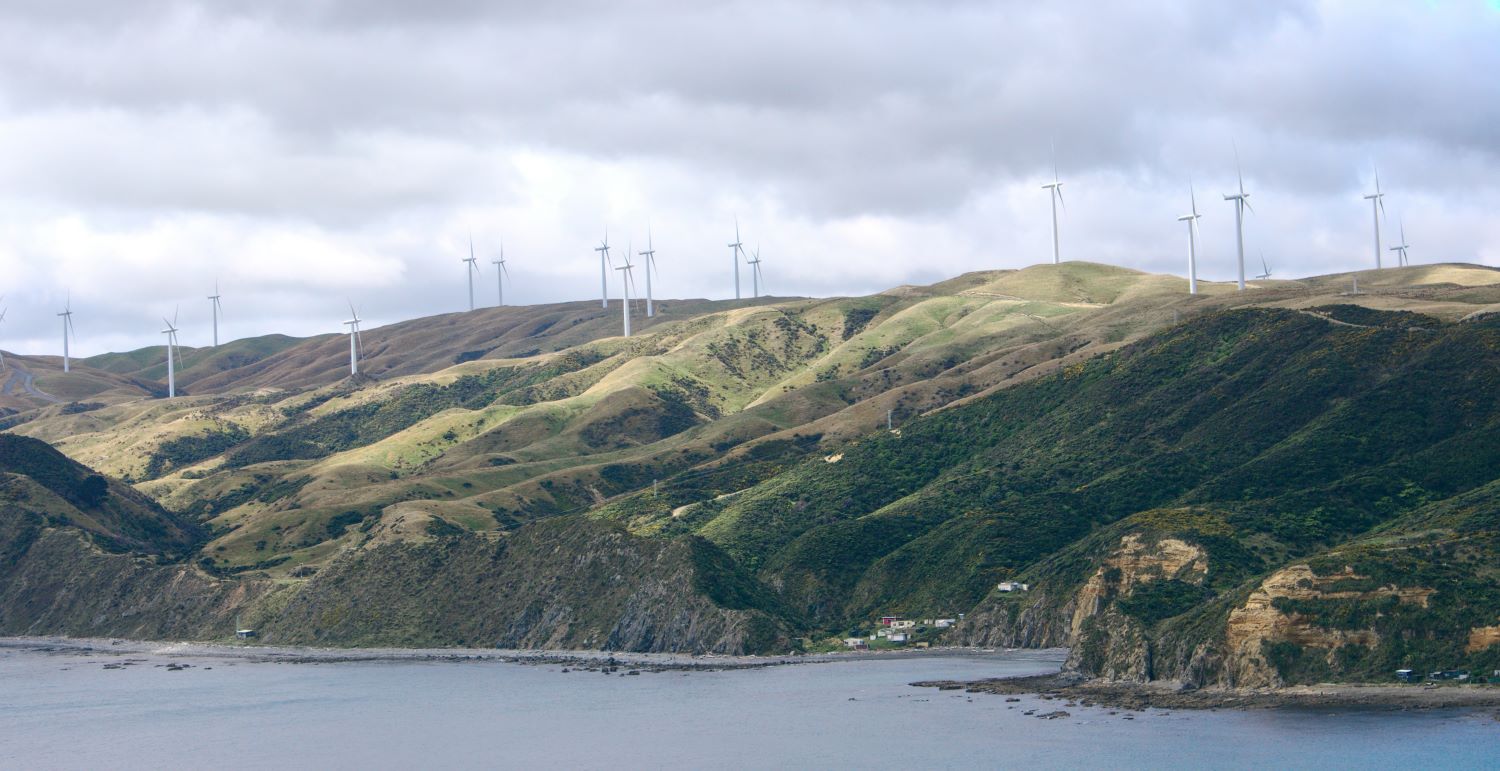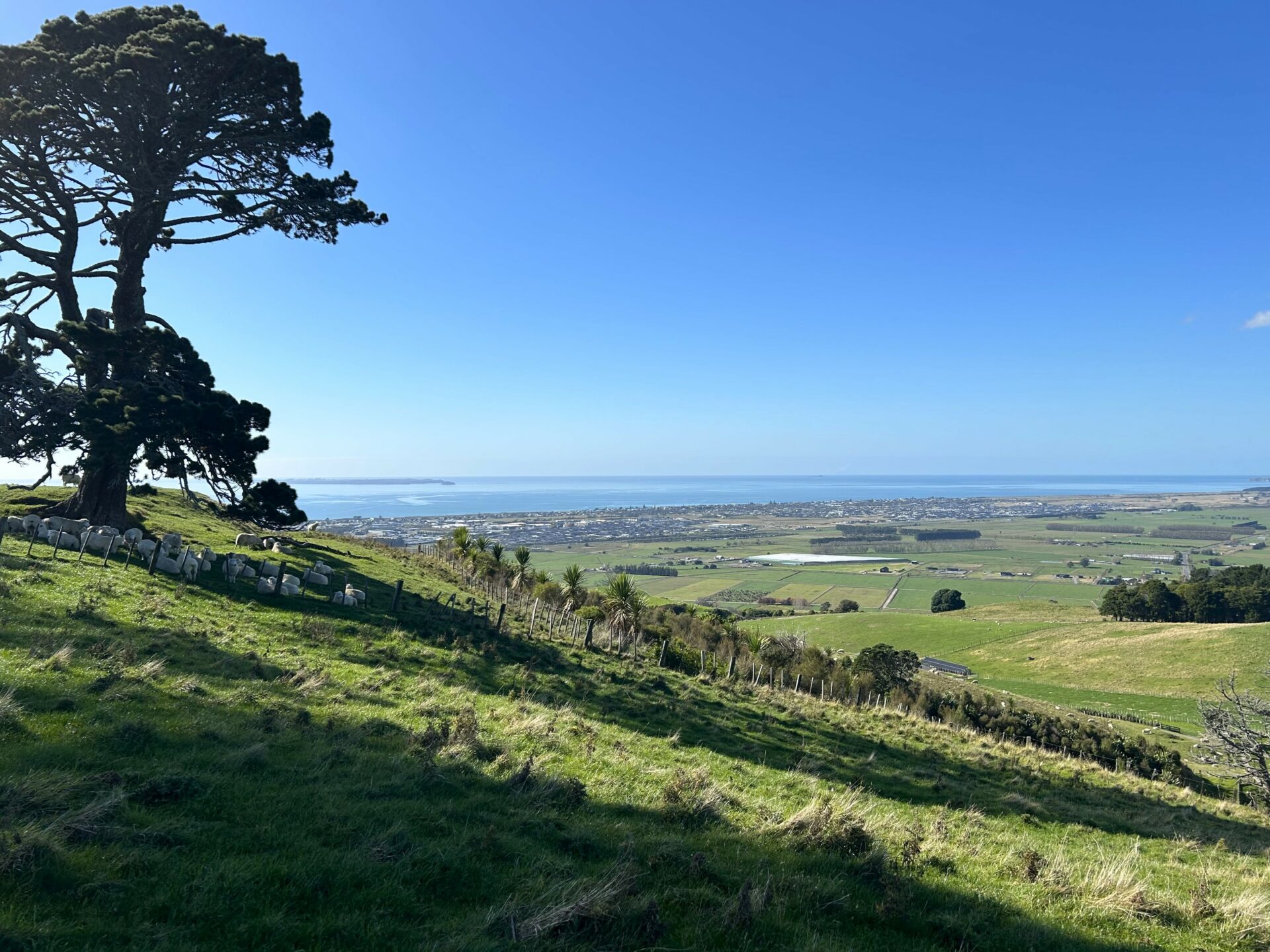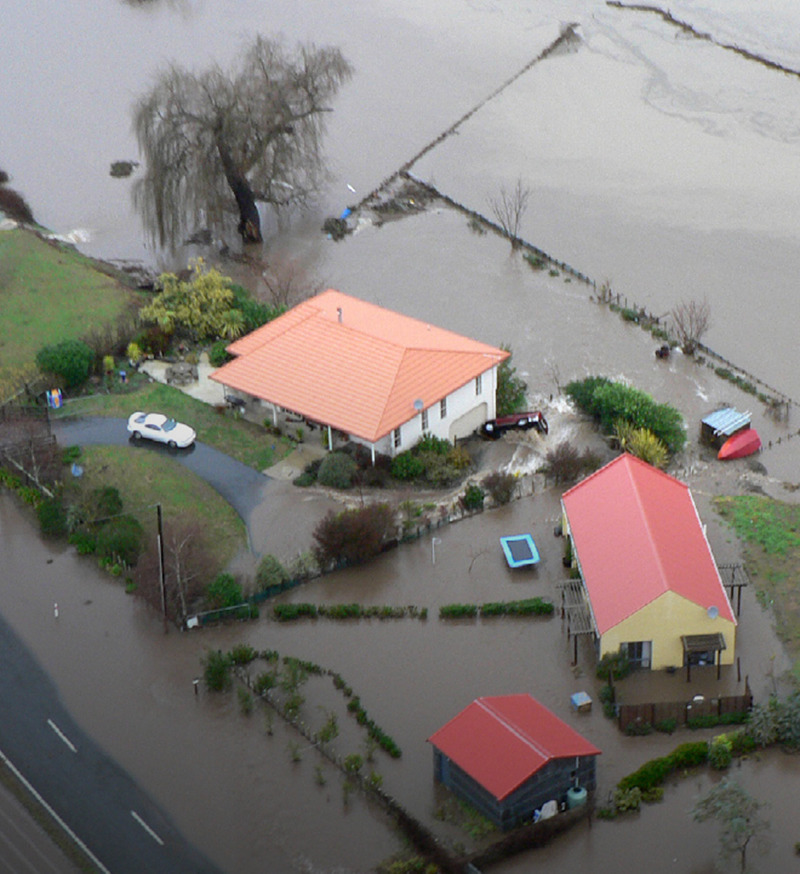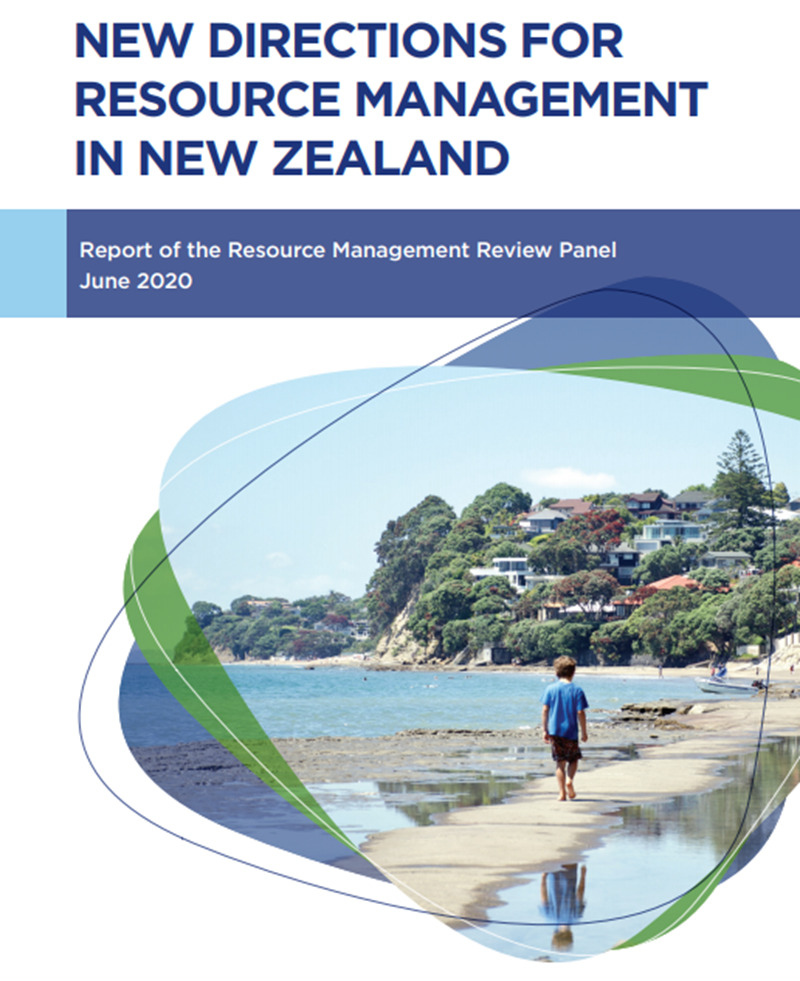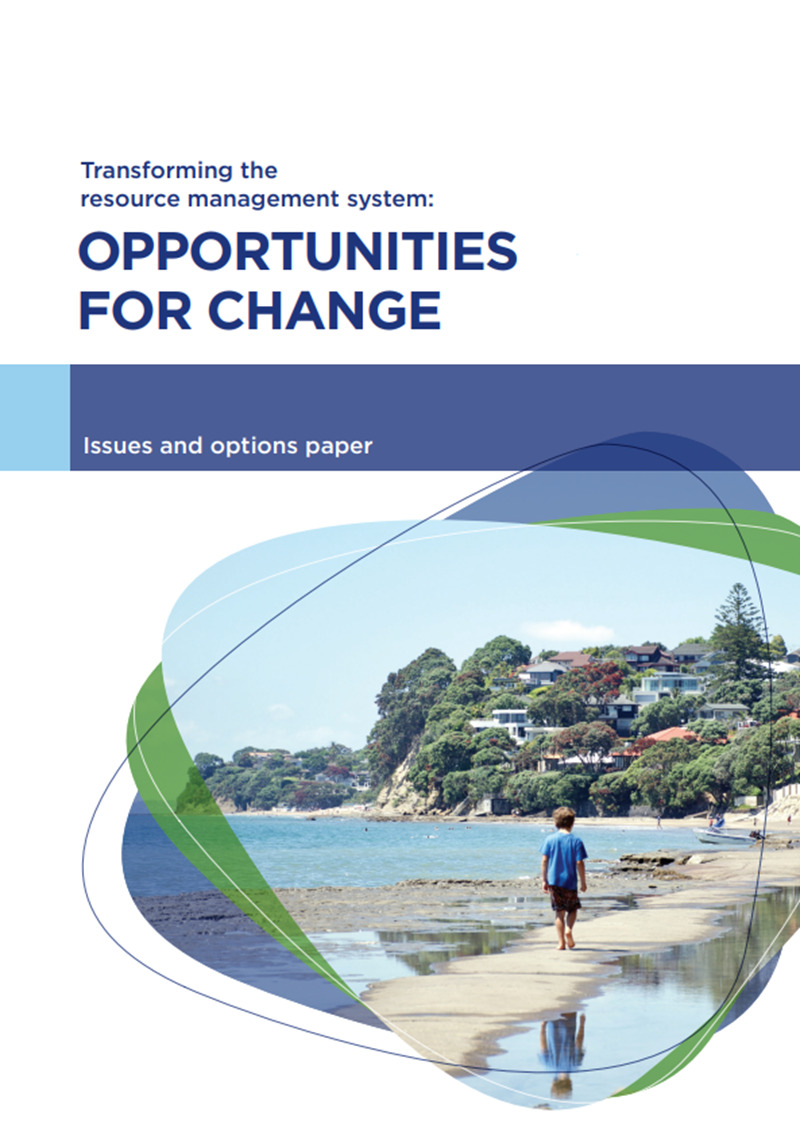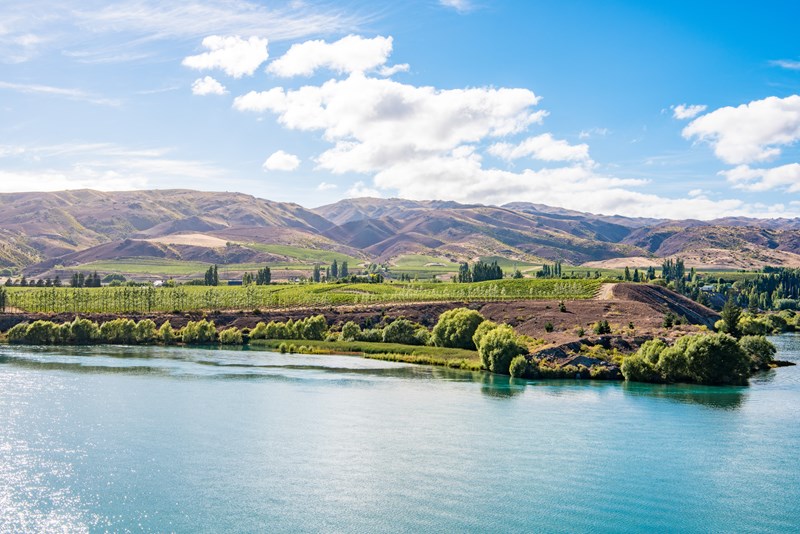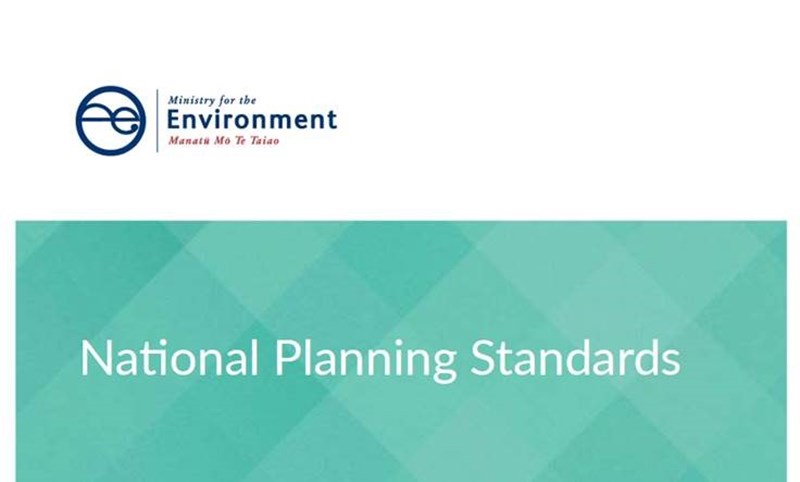Resource consent – property in all but name
Section 122(1) of the Resource Management Act 1991 (RMA) states that a resource consent is neither real nor personal property. However, resource consents are often treated as property given that a resource consent is inherently valuable to the consent holder. This is commonly witnessed in the practice of resource consents being bought, sold and leased via the transfer provisions of the RMA, particularly in respect of water permits.
Recent cases have considered the nature of a resource consent, notably in the high profile Government asset sales cases of New Zealand Māori Council v Attorney General [2012] NZHC 3338, New Zealand Māori Council v Attorney-General [2013] NZSC 6, [2013] 3 NZLR 31 (collectively referred to as the Assets Sale Cases). The Supreme Court\'s description of a resource consent went further than the High Court\'s decision in Aoraki Water Trust v Meridian Energy Ltd [2005] 2 NZLR 268 (HC), where the Court had found that a resource consent conferred a right to use a resource.
This article will focus on how the Courts have treated resource consents in recent case law and the implications of these decisions for a consent holder and the RMA.
The purpose, applicability, and limits of s 122 RMA
When is a resource consent treated as property?
Under s 122(1), a resource consent is neither real nor personal property. Unless expressly provided otherwise in the conditions of consent, the exceptions to s 122(1) relate to:
(a) Succession upon the death of a consent holder (s 122(2)(a)));
(b) Bankruptcy (s 122(2)(b)));
(c) The Protection of Personal and Property Rights Act 1988 (s 122(2)(c))); and
(d) A general exception allowing the consent holder to grant a charge over a consent as if it were personal property (s 122(3)).
In those situations, a consent holder (or a third party) can treat a resource consent as personal property to the extent that the consent holder would have been able to do so. This is a common caveat throughout the exceptions. For example, in a bankruptcy, the Official Assignee can \'sell\' the resource consent to pay creditors, but only if the resource consent can be transferred. While resource consent conditions may restrict a transfer, practically it is rare for conditions to do this, and restrictions are more commonly set by the RMA and rules in a plan.
In summary, the transfer provisions of the RMA provide:
(a) A coastal permit may be transferred (all or in part) only where allowed by a condition of consent (s 135);
(b) A permit to dam and divert water may be transferred to a person on the same site by giving written notice to the consent authority (s 136(1));
(c) A permit to take and use water may be transferred (all or in part) to the owner or occupier on the same site by giving writtennoticeto the consent authority. A water permit may be transferred to another site if the transfer is allowed by a regional plan and the necessary application has been approved by the consent authority (s 136(2)).
(d) A discharge permit may be transferred to a new owner by giving written notice to the consent holder, or to a new site if allowed by a rule in a regional plan and the necessary application is approved by the consent authority (s 137).
Combined, s 122 and ss135 to 137 allow a consent holder to utilise the economic value of a resource consent and treat the consent as property, provided the consent allows for this. This can be by way of lease or sale of a consent, or using a consent as leverage or collateral.
Case law
The facts of Aoraki Water Trust v Meridian Energy Ltd are well-known and involved applications for declarations by Aoraki Water Trust (Aoraki) about whether the Canterbury Regional Council was constrained in granting Aoraki\'s resource consent application to take water from Lake Tekapo in light of Meridian Energy Limited\'s (Meridian) resource consents. Meridian opposed the declarations on the grounds that as Lake Tekapo was fully allocated under its resource consents, it had the right of non-derogation and legitimate expectation.
The High Court considered that resource consents were not real or personal property, but conferred a right to use a resource (ie. water from Lake Tekapo). Granting a permit to Aoraki would reduce Meridian\'s ability to generate electricity and therefore devalue the permit (at [35]).
The High Court found that the principle of non-derogation fromgrantwas applicable to all legal relationships which confer a right in property (at [36]). Meridian enjoyed a legitimate expectation that the rights created by its resource consents would not be eroded by the consent authority. Aoraki has been regarded as the leading case on the nature of a resource consent.
In Armstrong v Public Trust [2007] 2 NZLR 859 (HC), the High Court considered whether the applicant was the sole holder of a coastal permit under the common law survivorship of a joint tenant. The applicant, Alan Armstrong, and his father, John Armstrong, held coastal permits in the name of J &A Armstrong to erect whitebait stands in the coastal marine area at Moeraki River. Following John\'s death, Alan applied for a declaration that he was the sole consent holder. The application was opposed by the Public Trust who represented the deceased\'s daughter.
In considering the Public Trust\'s argument that s 122(1) was absolute, the Court held that it did not interpret s 122(1) as meaning that Parliament had set its face against the creation of property rights as incidental to holding consents under the RMA. That proposition was confounded by clear exceptions to s 122(1). Rather, the purpose of s 122(1) was to prevent the unfettered transfer of resource consents except where specifically provided (at [18]-[19]).
The Court found that to the extent that the RMA allows property rights, the common law as to real and personal property will apply, subject to constraints in the specific provisions of the RMA (at [23]). The Court declared that the applicant was the sole holder of the consent by virtue of joint tenancy.
Armstrong v Public Trustis important as the High Court acknowledged that it was not the intent of Parliament to absolutely prohibit any property rights being conferred by the grant of a resource consent. Rather, it is the consent holder’s ability to transfer theconsentthat was intended to be constrained.
Recent developments in case law
Two recent cases have considered the decision in Aoraki and s 122(1), being the Assets Sale Cases and a High Court taxation case involving resource consent expenditure.
Crown Assets Sale Cases
The Assets Sale Cases where the New Zealand Maori Council challenged the lawfulness of the government\'s proposed sale of up to 49% of its shares in Mighty River Power Limited (MRP) has provided interesting commentary on the nature of a resource consent.
The claimants\' position was that MRP\'s resource consents were a form of property, and therefore the claimants had a direct claim to theconsentsunder the provisions of the State Owned Enterprise Act 1986 and s 64 of the Waikato-Tainui Raupatu Claims (Waikato River) Settlement Act 2010 (which related to the Crown\'s consultation obligations).
In the High Court, the claimants relied onAorakito say that the considerable economic value of resource consents could only be explained on the basis that such value derives from the use of property (ie. water) according to its permit.
Justice Young noted that the High Court inAorakiwas careful not to say a resource consent was a form of property. In dismissing the submission, the Court said that:
I consider the meaning of s 122 is straightforward.
…..
There are only two forms of property in New Zealand, real and personal. A resource consent is neither. The fact that in limited circumstances a resource consent holder may be able to act if the consent is property through specific statutoryauthorisationdoes not generally make a resource consent property. (at [216])
On appeal, the Supreme Court found:
We accept that the water permits used by Mighty River Power are properly regarded as interests in the Waikato River (differing in this from the position taken in the High Court in reliance on the fact that s 122 of the Resource Management Act provides that resource consents, of which water permits are a kind, are not property).
……
For the purposes of the Settlement Act, they may well be “property” and are in our view certainly an “interest” caught by s 64. If excluded from the application of s 64, it is difficult to see what could be within the meaning of “certain assets” (in the heading to the part containing s 64) or an “interest” in the Waikato River (referred to in the text of s 64), of concern to the negotiating parties and able to be created by a statutory or other process. (at [81])
The Supreme Court went on to say that the issue was not whether water permits were property rights or interests, but whether the proposed share sale was a disposal of such rights or interests, and did not consider the nature of the water permits further.
Trustpower Limited v The Commissioner of Inland Revenue
Trustpower Limited v Commissioner of Inland Revenue[2013] NZHC 2970, (2013) 26 NZTC 21-047 involved a dispute over expenditure incurred by Trustpower Limited (Trustpower) in obtaining resource consents for four projects, being the Arnold and Wairau River hydroelectric power schemes and the Kaiwera Downs and Mahinerangi wind farms. While the main issue in Trustpower was how resource consent expenditure is treated under the Income Tax Act 2004, the High Court made a number of comments on the nature of a resource consent.
Trustpower claimed that approximately $17.7m of expenditure for the projects over the 2006 to 2008 tax years was deductible as feasibility expenditure as the projects remained in the development pipeline and were yet to be constructed. The Commissioner of Inland Revenue disagreed on the grounds that the cost incurred for obtaining the consents was capital expenditure incurred for the purpose of developing and acquiring an asset, and therefore not deductible.
The High Court considered s 122(1), citingAoraki, Marlborough District Council v Valuer General[2008] 1 NZLR 690 (HC) (where the High Court found that mussel farms authorised by a coastal permit were not property and not rateable as land (at [41] – [59])) and the Assets Sale Cases. In considering those cases, the High Court commented that the RMA established the legal arrangements into (eg. a resource consent applied for and obtained), but did not dominate in the tax context (at [73]).
The High Court considered that Trustpower\'s resource consents were permissive as Trustpower could not legally construct any of the projects as without the consents (at [82]). The High Court accepted that the resource consents were valuable to Trustpower, but only as part of a bundle, package or suite of rights. The value of resource consents would be tenuous at best given that resource consents on a stand-alone basis would be of little interest in a sale and that any value could only be as part of an overall package (at [94]-[95]).
The Court concluded that it would be artificial from a practical and business point of view to regard them as separate stand-alone assets in their own right (at [97]). Trustpower was ultimately successful.
Implications of recent decisions
In the Assets Sale Cases, the Supreme Court differed from the High Court and considered that MRP\'s water permits could well be property, which is a progression from the High Court\'s description in Aoraki. Thissuggesta willingness to move further than Aoraki in describing the nature of a resource consent. The High Court\'s view in Trustpower is more consistent with Aoraki as it considered that Trustpower\'s resource consents were permissive and not stand-alone assets. It is important to note that both decisions were made in the context of specific legislation rather than from a purely RMA perspective.
Does the Supreme Court\'s view that a resource consent may well be property have any implications for the consent holder?
Solely within the framework of the RMA, describing a resource consent aspropertyis not likely to create any greater rights for a consent holder. The RMA clearly contemplates that a consent holder is able to utilise the rights created by a resource consent, with the value of those rights determined by the benefit to the consent holder and the consent holder\'s ability to transfer or leverage the consent. However, the description of the consent will not defeat or avoid constraints under the RMA.
What can be drawn from the Supreme Court and Trustpower is that s 122(1) is not necessarily the start and end to how a resource consent is treated in other jurisdictions. In those situations, it is likely that the Court will very much be guided by how a resource consent fits into the principles of any specific legislation, rather than relying solely on s 122(1).
If s 122(1) is not a barrier to a resource consent being treated as property, the implications of the recent decisions may benefit parties in equitable or common law jurisdictions. The use of alternative jurisdictions is not uncommon and has arisen where a party seeks to obtain a benefit not otherwise provided for under the RMA. This was seen in Aoraki where the common law right of non-derogation applied to Meridian\'sconsentsand in Armstrong where the High Court applied common law principles of joint tenancy.
The benefit of alternative jurisdictions is demonstrated by comparingHampton v Hampton[2010] NZEnvC 9, [2010] NZRMA 412 withMain Farm Ltd (in Rec) v Otago Regional CouncilHC Dunedin, CIV-2010-412-000385, 21 November 2011.
Hampton v Hamptoninvolved a water permit applied for by, and granted to, Simon Hampton to take 777,600 cubic metres of water annually for the purpose of irrigating two Canterbury farms, one owned by Simon and the other by Simon\'s cousin, Robert Hampton. The dispute arose when Simon intended to transfer part of the water permit to a third party and further compounded by the fact that (at that time) Robert would be unlikely to obtain his own resource consent due to allocation issues. Robert\'s ability to prevent the transfer was limited as he was not named as the consent holder.
Robert initially commenced enforcement proceedings that he be named as the joint consent holder but the issue was ultimately considered in the context of declaration proceedings.
The Court acknowledged that resource consents are not real or personal property, but were in a category of their own, finding that \"clearly a consent ispropertyin an economic sense but there is no necessary link to ownership of any other property\". The Court also considered that resource consents conferred quasi-property rights (at [14]-[15]).
The Court noted that Simon may hold the part of the water permit relating to Robert\'s land on a constructive trust for Robert but was unable to address this issue due to jurisdiction. The Court held that it would be inappropriate to make the declaration that Robert should be named as the consent holder given Simon was the resource consent applicant and that this position would continue until the resource consent transfer process had been approved (at [34]). Robert ultimately obtained his own resource consent and the issue of his ownership was not further considered by the Courts.
Hampton v Hamptoncan be contrasted with Main Farm, which was considered in the context of equitable property rights. Main Farm involved a series of transactions for the purpose of gaining control of dairy farms in the Maniototo area to be managed under a joint venture entity. A sale and purchase agreement required the vendor, Alnwick Limited, to assign a water permit authorising 400,000 litres of water per hour from the Taieri River to the purchaser, Main Farm. The water permit was held in the name of Mr Carr, the sole director and shareholder of Alnwick Limited, and Mr Beattie, a neighbouring landowner. Mr Carr alsobecomea part of the joint venture. The parties were aware that the water permit identified in the sale and purchase agreement had expired and that a replacement permit had been applied for by Mr Carr and Mr Beattie.
The relationship between the joint venture parties ultimately broke down, the joint venture was placed in receivership and numerous civil proceedings followed. During the course of the civil proceedings, the resource consent was granted as separate water permits to Mr Carr and Mr Beattie.
The receivers requested that the Council transfer the consent to Main Farm, which the Council refused to do for lack of jurisdiction. Mr Carr also refused to transfer the consent voluntarily as he claimed it was worth $500,000-$600,000 and intended to sell or lease the permit. Main Farm initiated proceedings against Mr Carr seeking that he transfer the water permit to Main Farm.
Counsel agreed that the issue was whether Main Farm held equitable property rights to the renewed resource consent. While not specified in the decision, this was likely due to the fact that the water permit was a new consent and the consent holder was not a party to the sale and purchase agreement. The Court did not specifically consider s 122(1) and found that what was sold to Main Farm was a \"bundle of rights\" and that the vendor \"clearly holds the legal title to the water right on trust for Main Farm\" (at [54]) (though we note that the reference to \'legal title\' is incorrect). The Court ordered Mr Carr to transfer the water consent to Main Farm.
Main Farm demonstrates the ability of a party to obtain relief where it has an equitable property right to a resource consent. However, it is possible that the Supreme Court\'s view that a resource consent could be property, and the inference that s 122(1) is not necessarily determinative on the nature of a resource consent, may result in more parties turning to alternative jurisdictions where property rights are at issue given the limitations under the RMA.
Conclusions
The Courts have long recognised that the nature of a resource consent is not as straightforward as set out in s 122(1). The Courts have considered that a resource consent confers a right to use a resource (Aoraki), gives quasi-property rights (Hampton v Hampton) and could be property (Assets Sale Cases).
Regardless of how it is described, what is certain is that a resource consent creates rights. In a narrow RMA context, the various descriptions will continue to provide little practical consequence as the ability of a consent holder to utilise the economic value of these rights remains constrained by the transfer provisions of the RMA, any rules in a plan andfeasibly, though rare, the conditions of a resource consent. For the consent holder, the status quo remains.
However, in a wider context, the Supreme Court\'s decision has progressed Aoraki by acknowledging that a resource consent could be property. It can also be drawn from the Supreme Court and Trustpower that s 122(1) is not necessarily the final say in determining the nature of a resource consent. This may benefit a party in jurisdictions outside the RMA. Further, although the ability to obtain relief outside of the RMA is already available, it is possible the recent decisions may encourage parties to turn to other jurisdictions given the Courts\' willingness to look beyond s 122 in other contexts.


